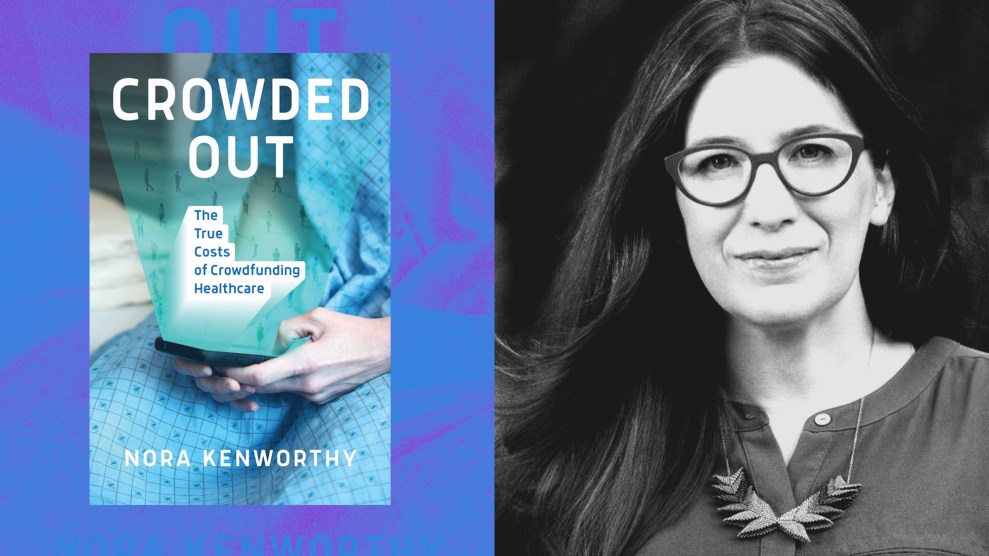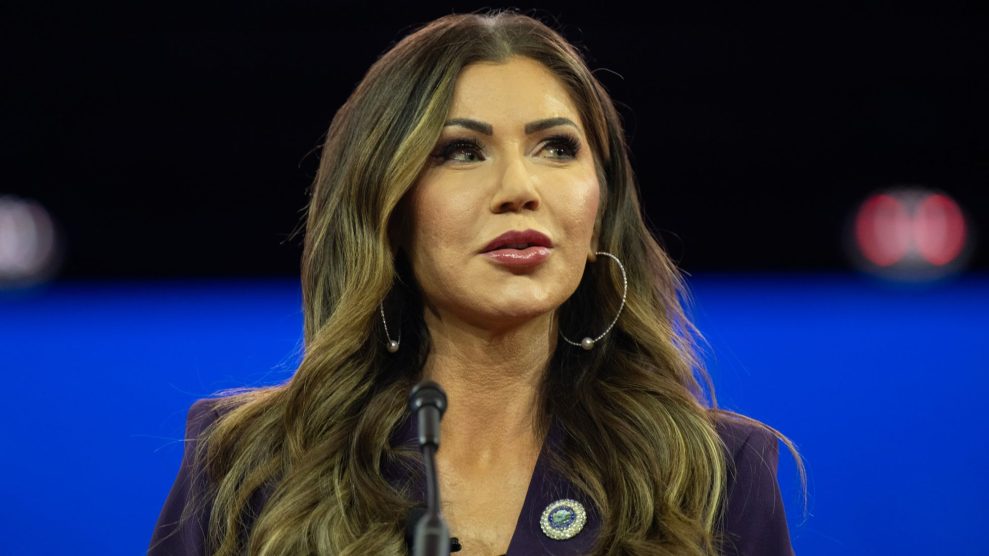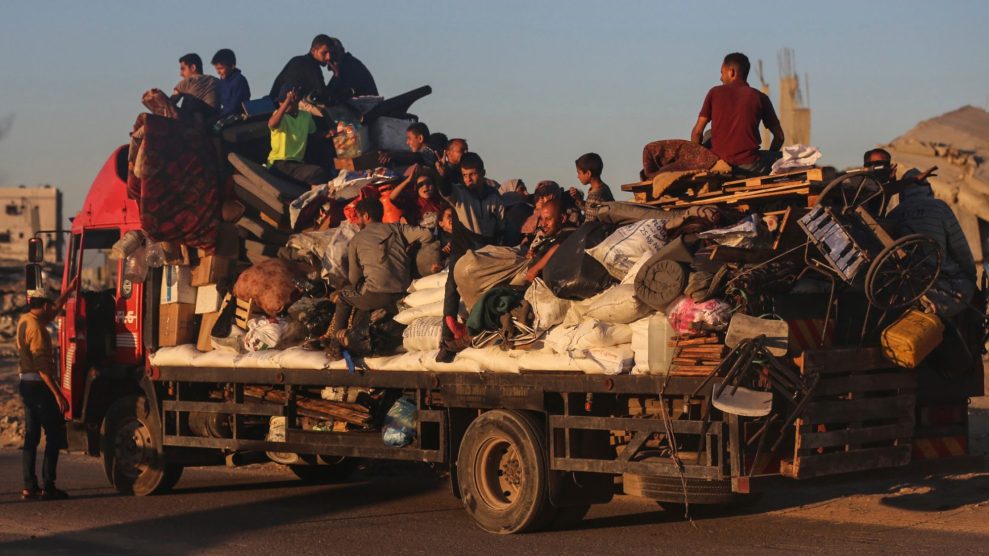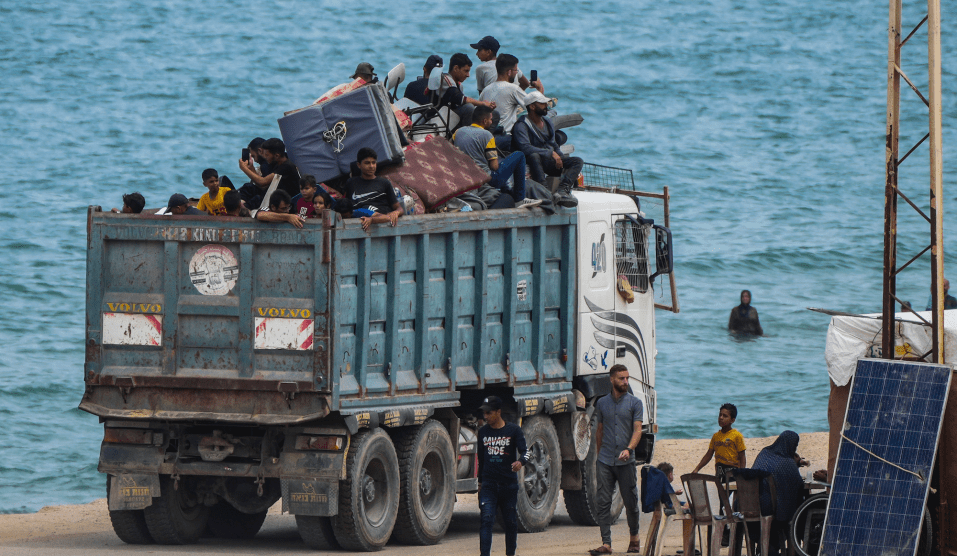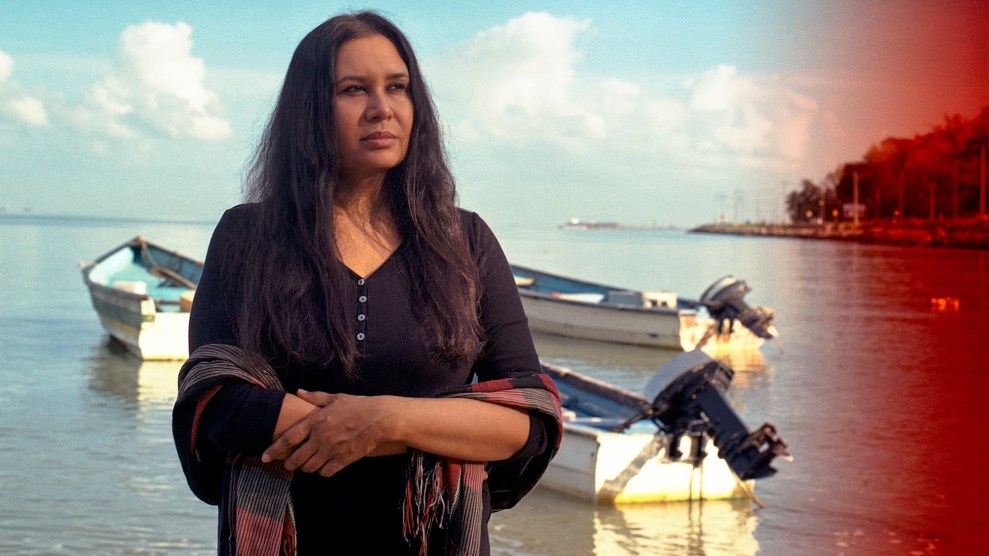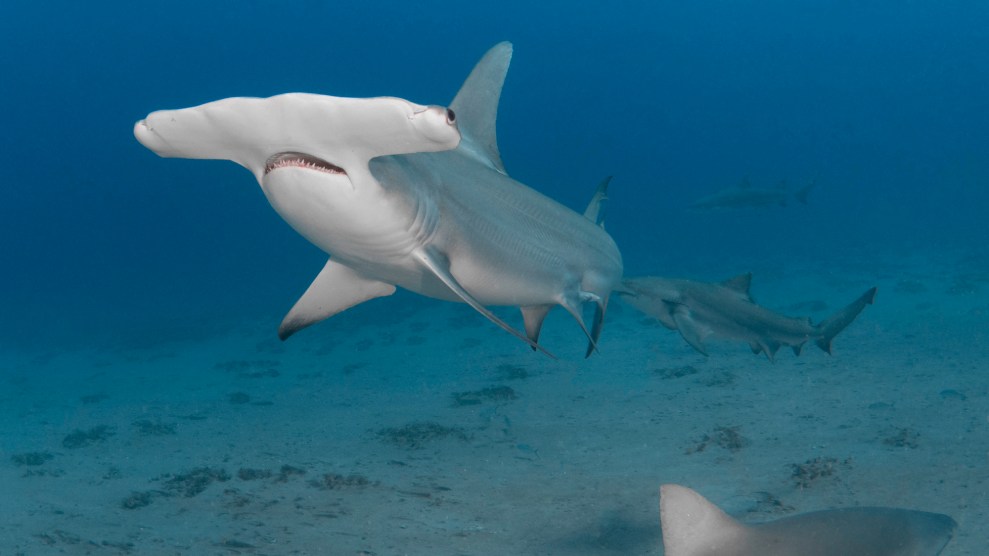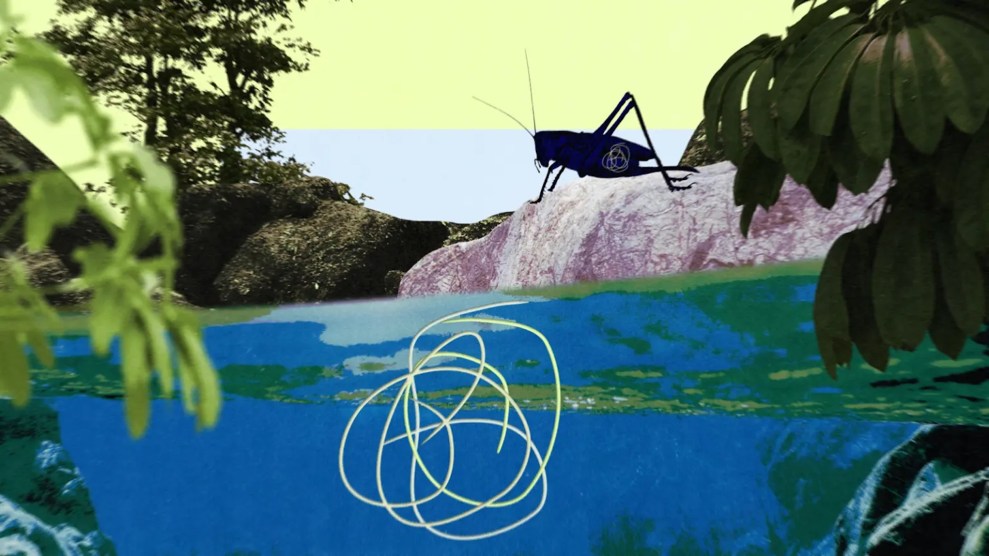In the predawn darkness of a spring morning in 1955, a toddler and his father ascended a bluff outside their small farming community in southwestern Utah to witness the awesome spectacle of an atom-bomb test. From the vantage point of his father’s knee, Preston J Truman peered at the fireball in the enormous Western sky. It is Truman’s first memory, one that has seared and scarred and defined his entire life, given him a calling. “The atomic tests have always been a major part of my life,” says Truman, who was born downwind of the government’s Nevada Test Site in 1951, the year the United States started bombing its own people.
During the next dozen years, the Atomic Energy Commission (AEC) set off 100 atom bombs over the desert northwest of Las Vegas. The detonations occurred only when the prevailing winds were northeasterly, so the radioactive cloud and its deadly fallout would spare Las Vegas and the West Coast, and drift instead over hamlets like Truman’s hometown of Enterprise, population 700.
Truman grew up with the bomb. When he was five, a playmate died of leukemia. “God’s plan,” his Mormon elders explained. In grade school, an AEC speaker gave him a uranium ore-encased key chain and a small booklet that recognized the youngsters for accepting the “inconvenience” of the tests. Their “cooperation,” the booklet added, “helped achieve an unusual record of safety.”
Unusual, indeed. In downwind farming towns throughout Utah, Nevada, and Arizona, residents noticed their sheep dying off, then soaring numbers of human leukemias and cancers. With the aid of a cowed press, the AEC denied any causal link between the atomic assault and downwinders’ maladies. One 1955 headline: FALLOUT? ‘NOT ENOUGH TO WORRY ABOUT,’ SAYS AEC.
By the time he turned 17, in 1968, Truman knew better. That year he too became a casualty, diagnosed with lymphoma. He had already become an activist, telling “anyone who would listen” that a federal study of 3,000 area school-children (including him) was the government’s way of “checking the guinea pigs’ cages to see how many they had killed.” (Among the dead would be 9 of his 30 schoolmates — the class held a portion of its 10th reunion at the town cemetery.)
Truman, whose cancer is in remission, is still spreading the word. Last January, on the 50th anniversary of the first A-bomb test at the Nevada Test Site, Truman organized a “Day of Remembrance” at the Utah Capitol in Salt Lake City. In the rotunda was a mangled army of Cold War victims: former Test Site workers, veterans of the atomic blasts, uranium millers and miners, and members of Downwinders, a grassroots organization that Truman founded in 1978 and directs. The group has fought to ban nuclear tests and to block radioactive waste dumps. At the commemoration, Truman called for justice for all whom the government knowingly harmed, and excoriated the feeble federal program that compensates victims of radiation. Last year, following a decade of relentless lobbying by Downwinders and other groups, Congress amended the program to cover more claimants. But lawmakers neglected to provide adequate funds, leaving most victims with nothing but IOUs from the government.
This latest twist surprises Truman not a bit. “Hey, these are the people who have lied, who have covered up, have denied the truth for 50 years,” he says. “Besides, we can’t win by thinking the whole world revolves around that 20-mile circle around the Washington Monument. We’ve got to go out there and reach the people, educate them, make some noise.”
